Renaissanse Test 2
1/33
There's no tags or description
Looks like no tags are added yet.
Name | Mastery | Learn | Test | Matching | Spaced | Call with Kai |
|---|
No analytics yet
Send a link to your students to track their progress
34 Terms
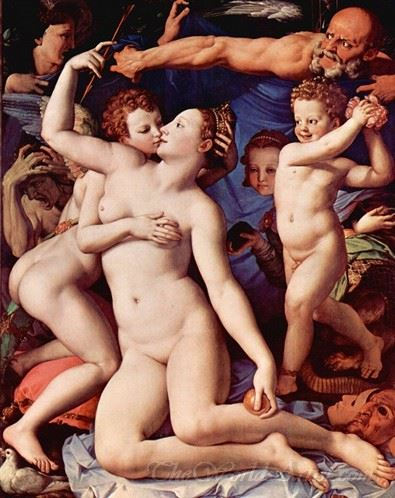
Agnolo Bronzino, Venus, Cupid, Folly, and Time, oil on wood, ca. 1546
Allegory,
Iconography: we are taught that these figures are certain people, like cupid has wings and mom is stealing his arrows,
Personification: things that look like humans
Venus is holding a golden apple, because Pares was at a wedding and whoever gets the apple is the best looking goddess, some happens and war happens, and she wins the apple in the judgment of Pares, Dogs are associated with venus
Father time on top right “time flys”
In the back theres envy
Lots of interpretations
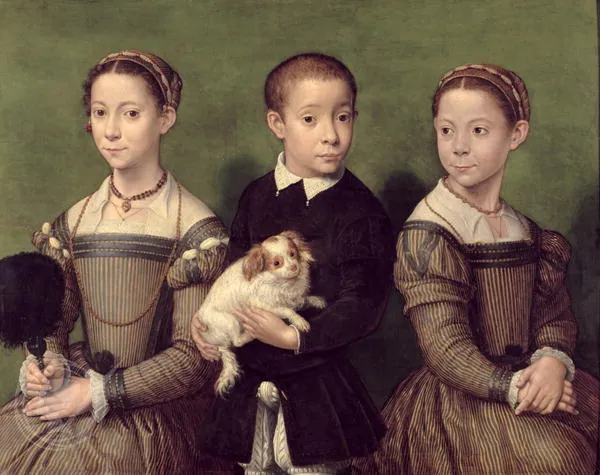
Sofonisba Anguissola, Portrait of the Artist’s Sisters and Brother, oil on wood, ca. 1555
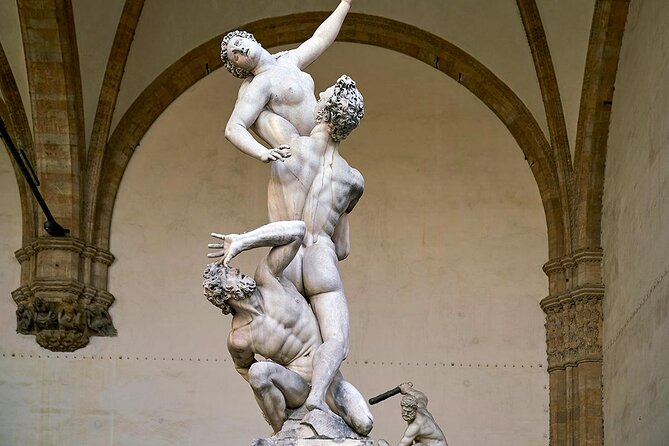
Giovanni da Bologna (Giambologna), Abduction of the Sabine Women in the Loggia de Lanzi of Piazza della Signoria in Florence, marble, 1583
Ramaleus makes Rome after killing his brother Remes, and he has so many men but no women, so the Sabines are their neighbors and the Romans kidnap their women,
Multiple viewpoints
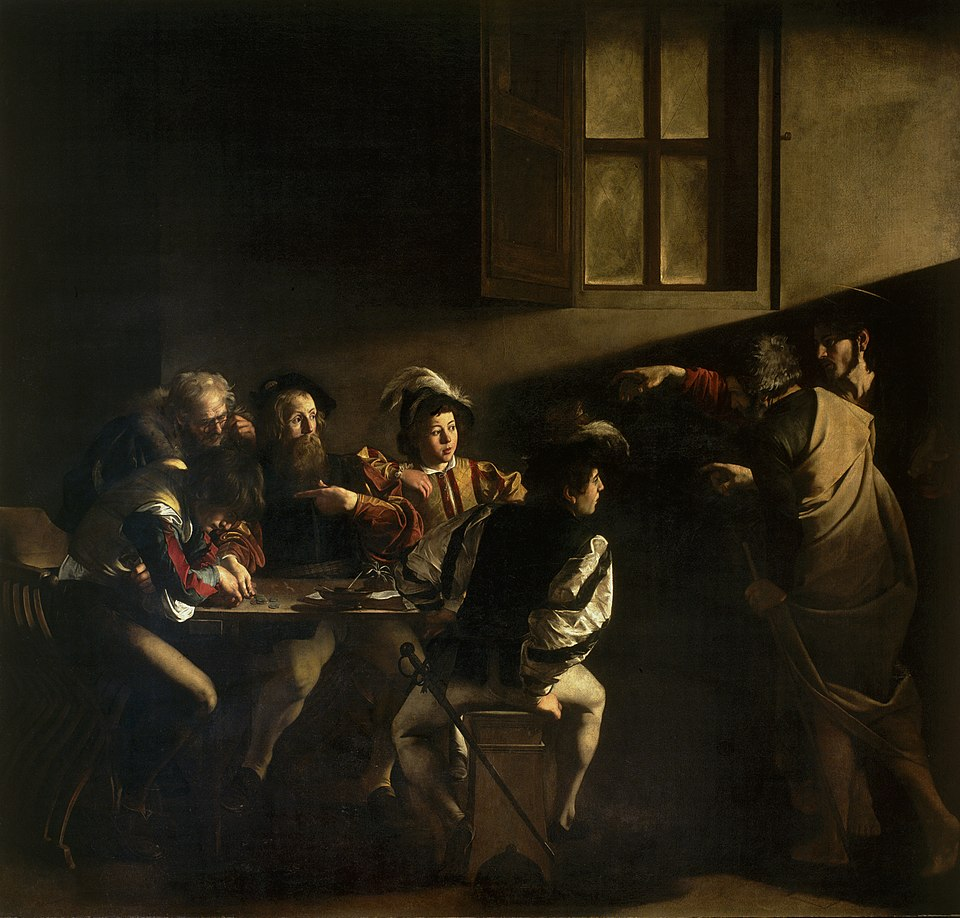
Caravaggio, Calling of St Matthew, oil on canvas, Contarelli Chapel in San Luigi dei Francesi in Rome, 1599-1600
Jesus story, this is where carvaggios style comes thru, contemporary clothes, first public work, Matthew is one of Jesus 12 apostles, Matthew was a tax man,
Idea from the creation of adam
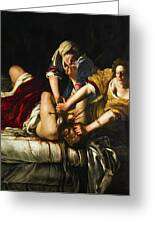
Artemisia Gentileschi, Judith and Holofernes, ca. 1614-1620, oil on canvas
Judith is a heroine who hears about Holofernes wanting to massacre her town with an army so she seduces him and beheads him and she saves her town, this was inspired by the noble family that murdered their father and had their beheadings in town infront of the public, dramatic with expressions and lighting, colors,
Judith=Jewish, Judith looks like Artemisia,
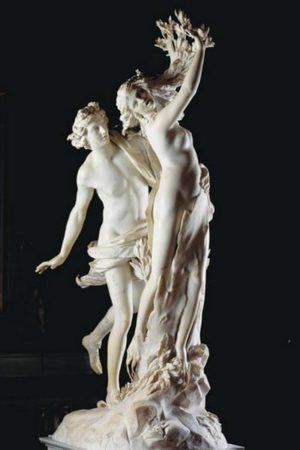
Gianlorenzo Bernini, Apollo and Daphne, marble, 1622-1625
Ramaleus makes Rome after killing his brother Remes, and he has so many men but no women, so the Sabines are their neighbors and the Romans kidnap their women,
Multiple viewpoints
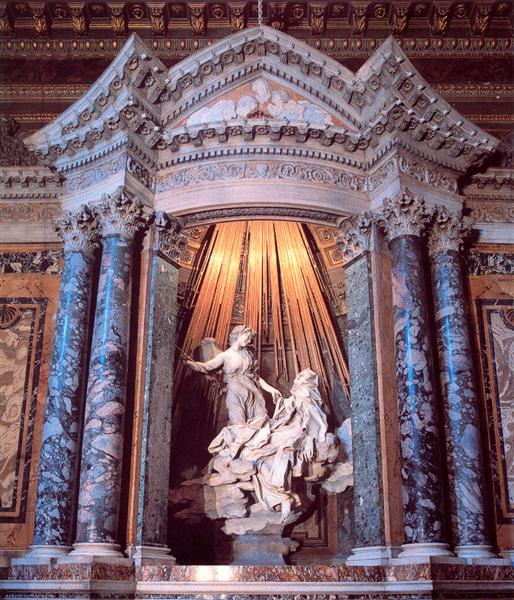
Gianlorenzo Bernini The Ecstasy of Saint Teresa in the Cornaro Chapel in Santa Maria della Vittoria in Rome, 1645-52
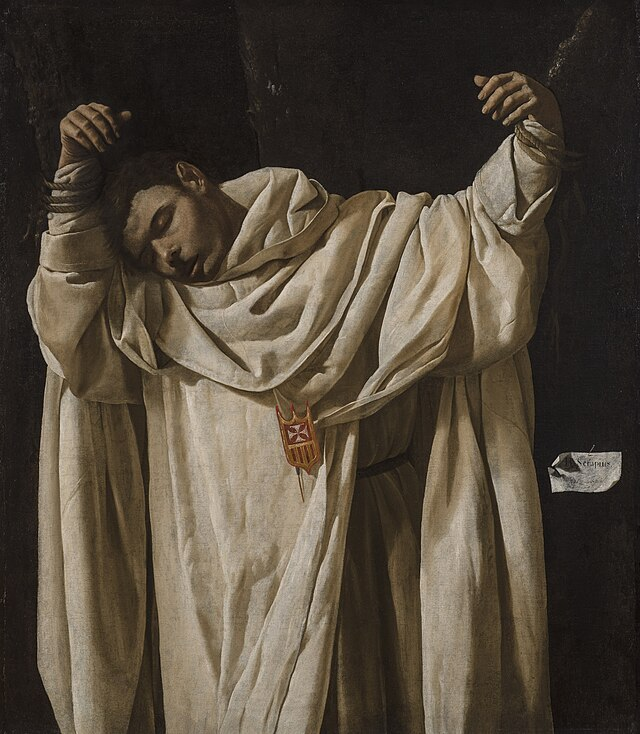
Francisco de Zurbarán, St. Serapion, 1628, oil on canvas.
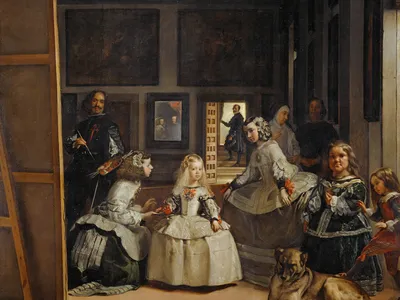
Diego Velázquez, Las Meninas, oil on canvas, 1656
Life size painting ahh, most famous painting, he made this on his own, no commission from the king, he j wanted anything artist makes, self portrait of Velazquez, painting of the woman heir in the middle and she has her court around her,
Informal portrait
King and queen in the mirror
V abstract in closing but zoomed out it looks detailed
Mirror thats liek Jean Van Eyck
Theres paintings in the back thats similar to Greek Mythology
Athena Punishing Arachne
Apollo Punishing Marsyas
These paintings have a theme with a story of dont messw ith the gods/dont think you are better than them or else punishment
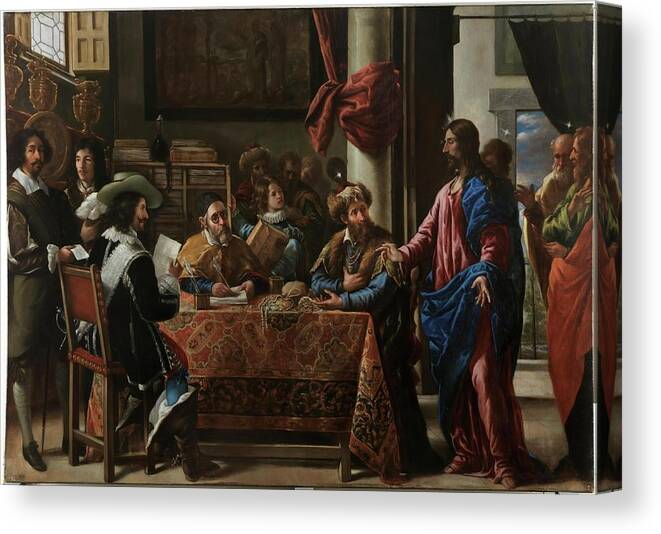
Juan de Pareja, The Calling of St. Matthew, 1661, oil on canvas
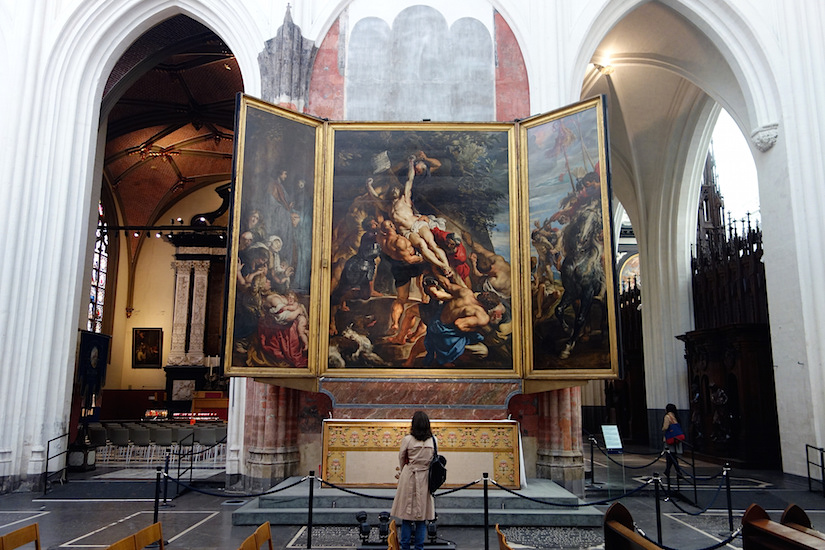
Peter Paul Rubens, Raising / Elevation of the Cross, Antwerp Cathedral, oil on wood panel, 1610
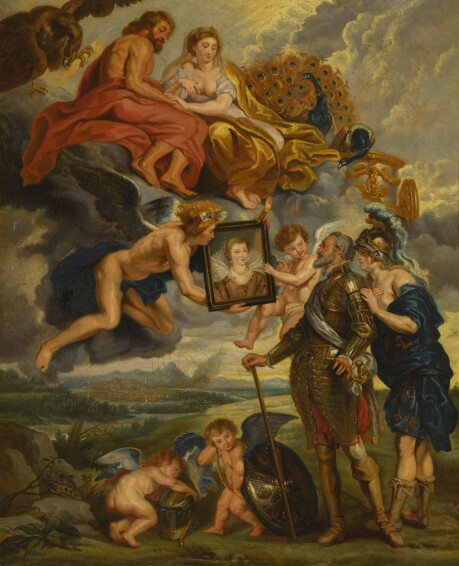
Peter Paul Rubens, Henri IV Receiving the Portrait of Marie de’ Medici, oil on canvas, from the Marie de’ Medici Cycle,1621-25

Rembrandt van Rijn, The Nightwatch, oil on canvas, 1642
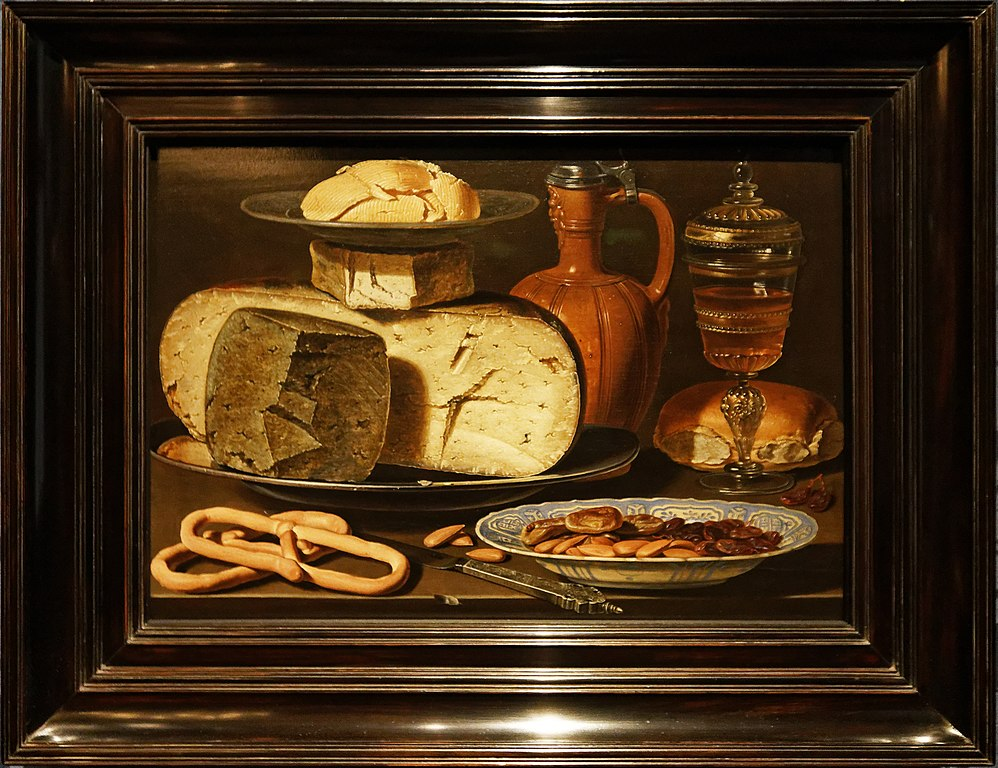
Clara Peeters, Still Life with Cheeses, Almonds, and Pretzels, oil on wood panel, ca. 1615
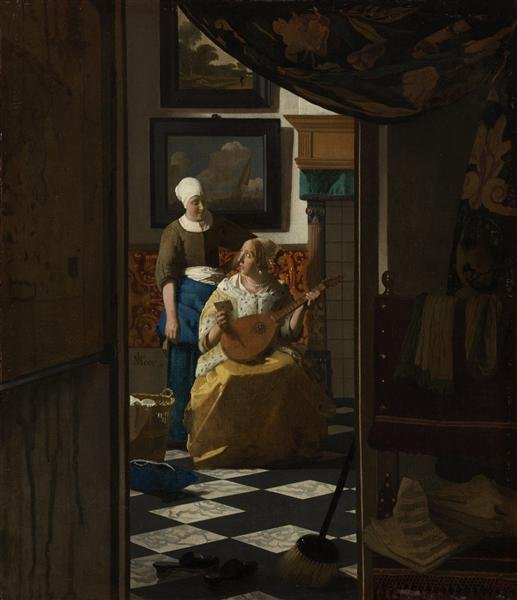
Jan Vermeer, The Letter, oil on canvas, 1666

Le Brun, Le Vau, and Le Nôtre, Plan of the Palace, Park, and Town of Versailles, 1st phase 1668
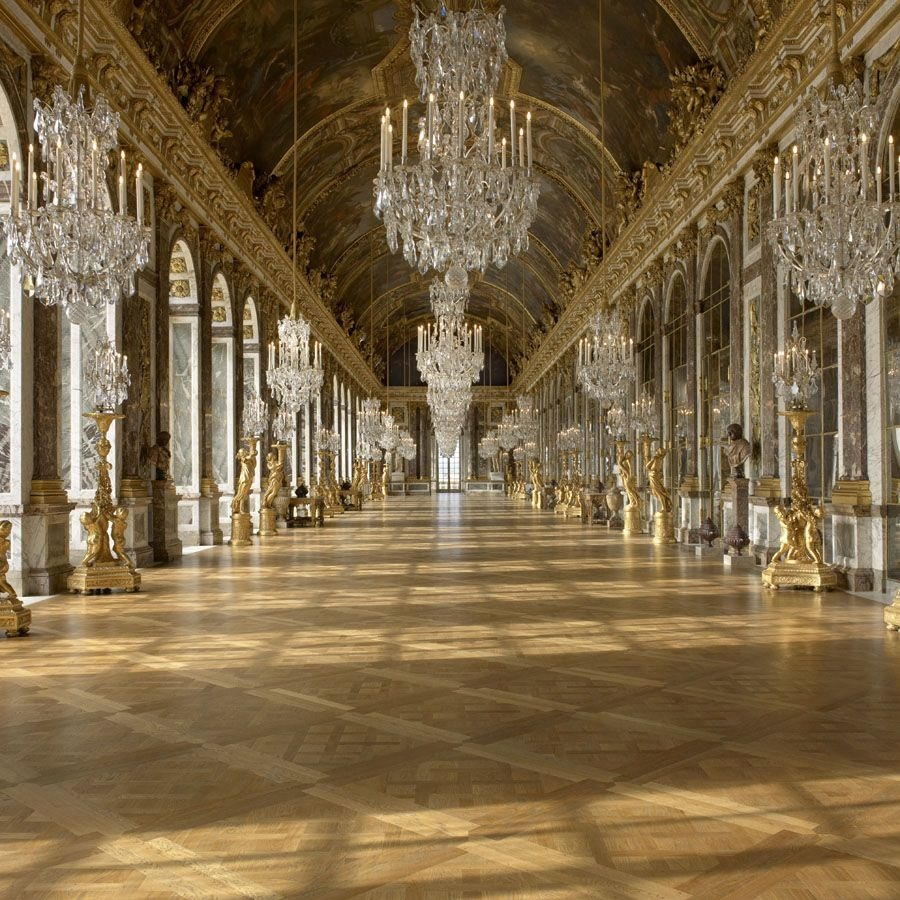
Hardouin-Mansart & Le Brun, Hall of Mirrors in the Palace of Versailles, begun in 1678
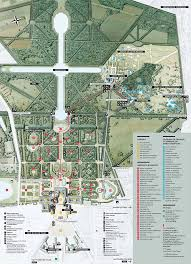
André Le Nôtre, Plan of the Park of Versailles
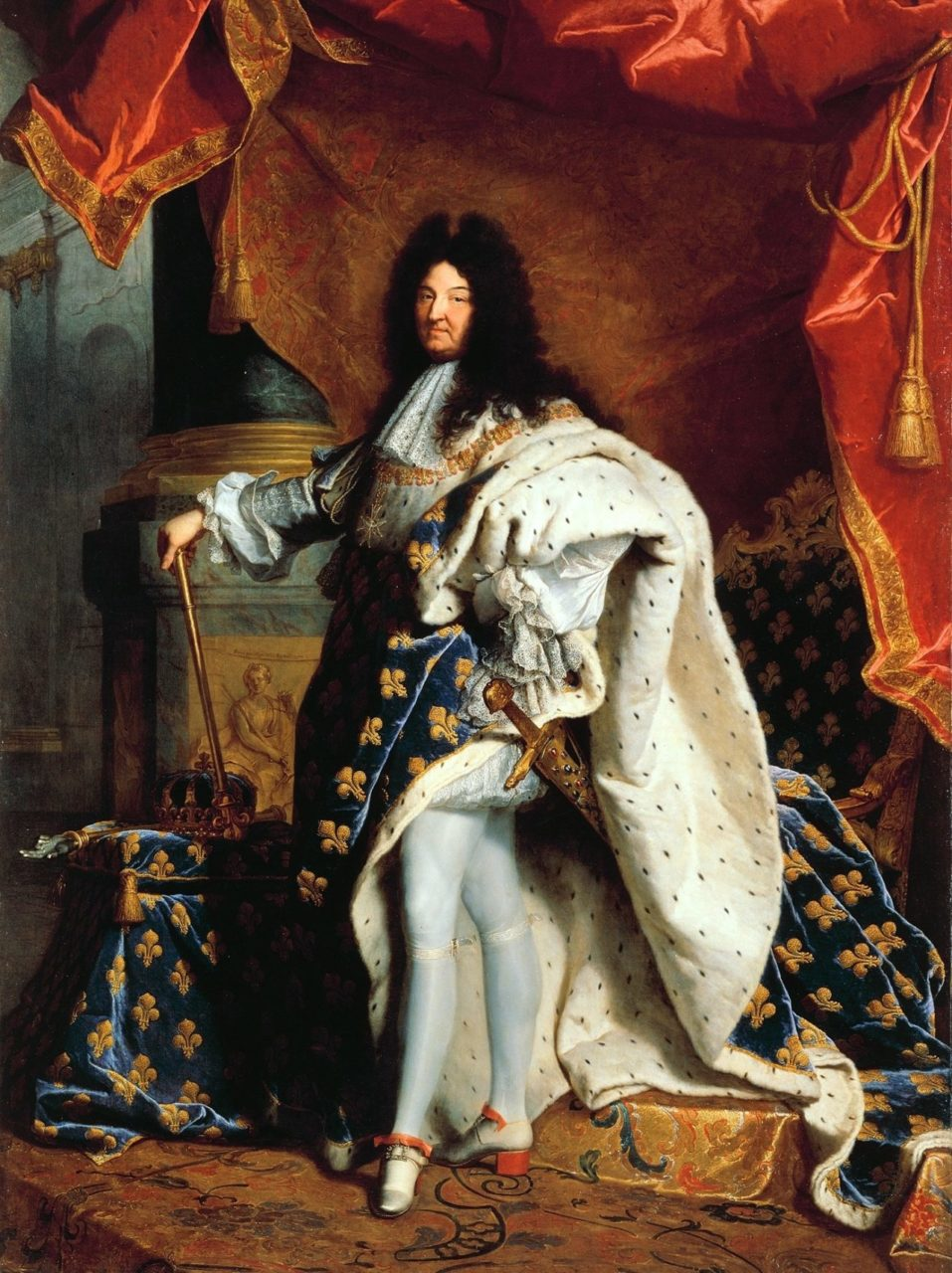
Hyacinthe Rigaud, Louis XIV, oil on canvas, 1701
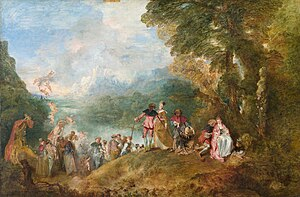
Antoine Watteau, Return from Cythera, oil on canvas, 1717-19
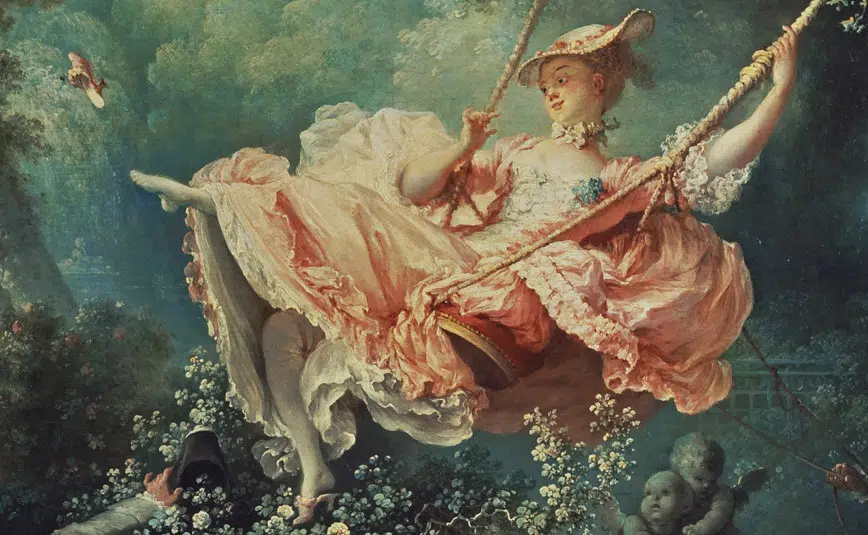
Jean-Honore Fragonard, The Swing, oil on canvas, 1766
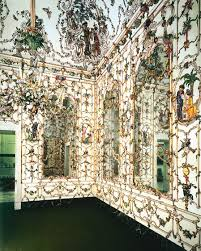
Giuseppe Gricci, Chinoiserie Room / Porcelain Boudoir of Maria Amalia of Saxony in the Capodimonte Museum, Naples, Italy, 1757-1759. Originally installed in the Palace of Portici, near Naples.
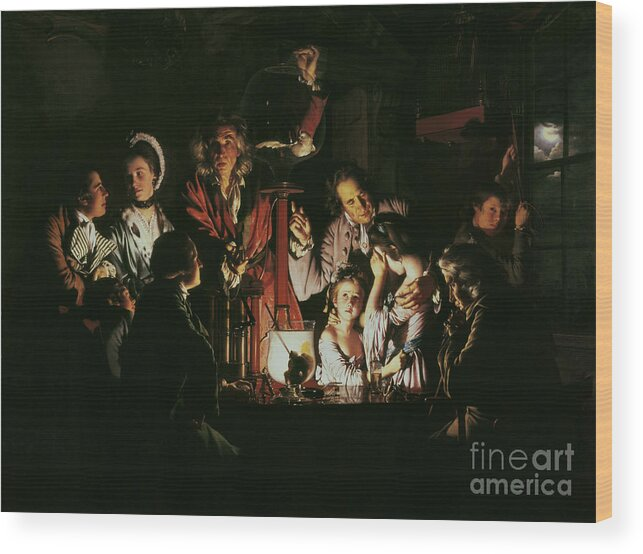
Joseph Wright of Derby, An Experiment on a Bird in an Air Pump, 1768, oil on canvas
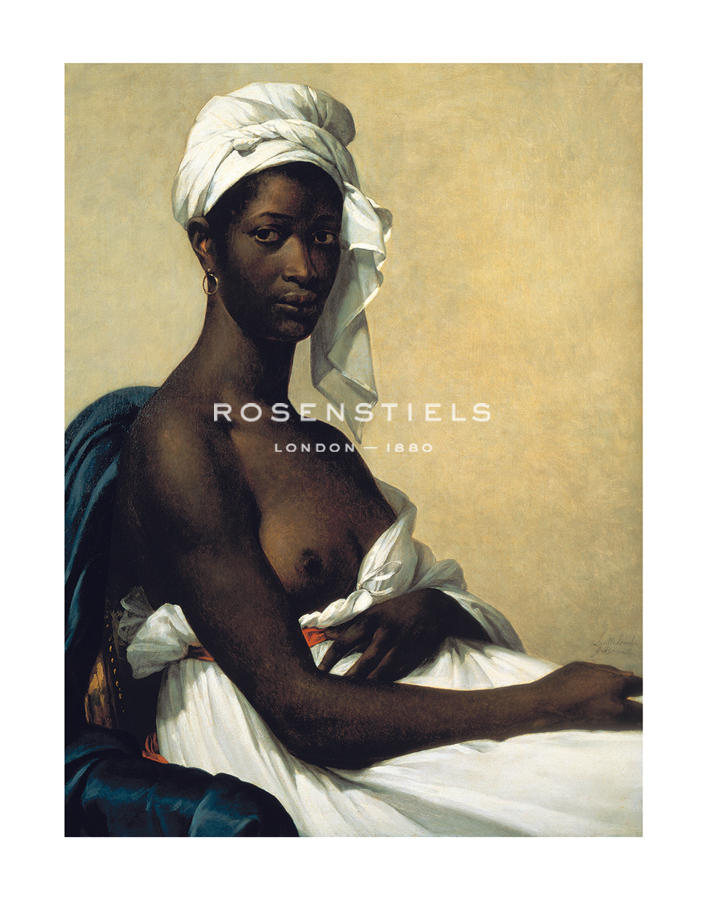
Marie-Guillemine Benoist, Portrait of Madeleine (formerly known as Portrait of a Negress), 1800, oil on canvas
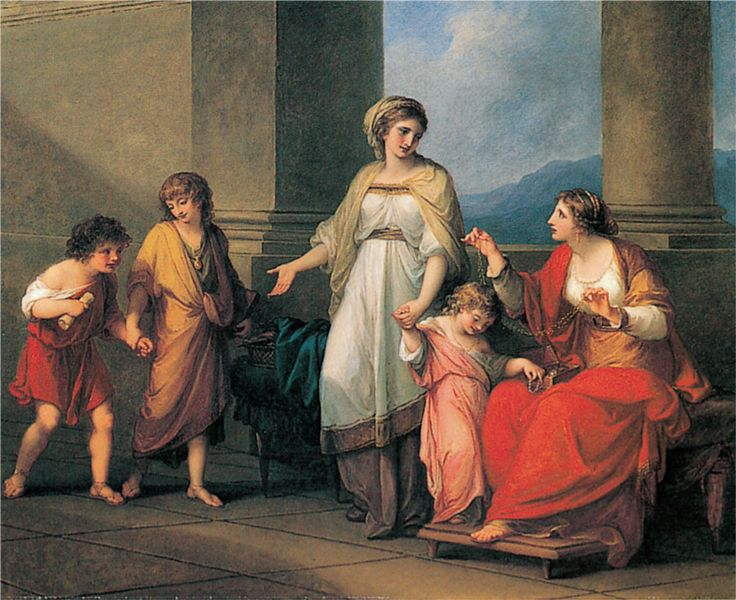
Angelica Kauffmann, Cornelia Presenting Her Children as Her Treasures, oil on canvas, ca. 1785
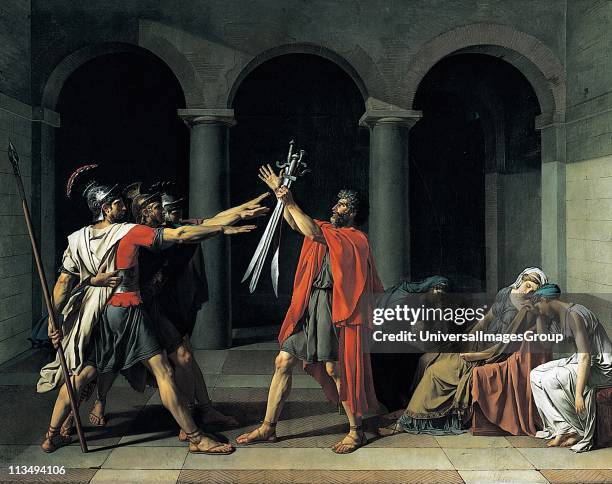
Jacques-Louis David, The Oath of the Horatii, oil on canvas, 1784-85
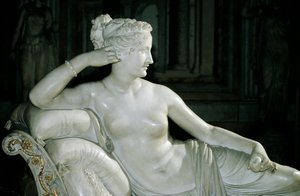
Antonio Canova, Pauline Borghese as Venus 1808, marble
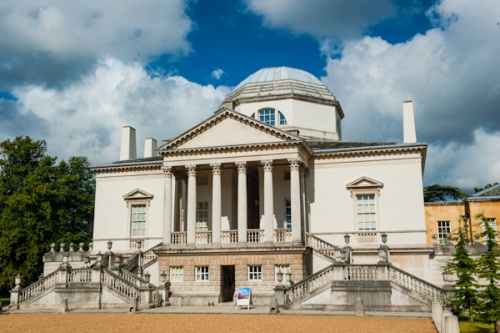
Richard Boyle and William Kent, Chiswick House, 1724–29, near London, UK
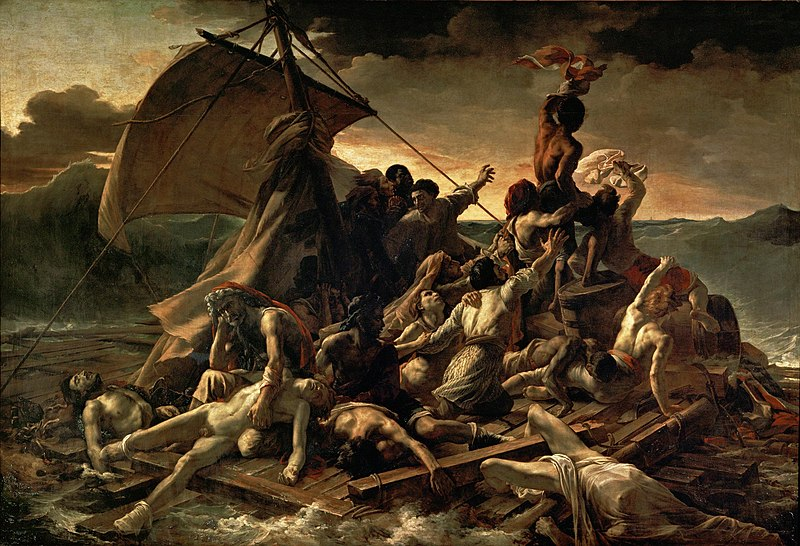
Theodore Gericault, Raft of the “Medusa,” oil on canvas 1818-19
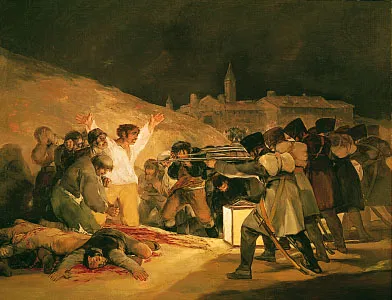
Francisco Goya, The Third of May, 1808, oil on canvas, 1814
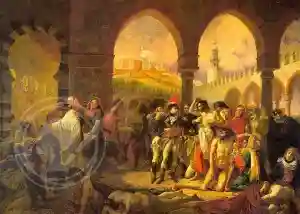
Antoine-Jean Gros, Napoleon in the Pesthouse at Jaffa, oil on canvas, 1804
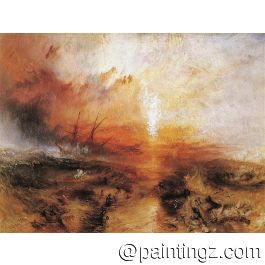
Joseph Mallord William Turner, The Slave Ship / Slavers Throwing Overboard the Dead and Dying- Typhoon Coming On, 1840, oil on canvas
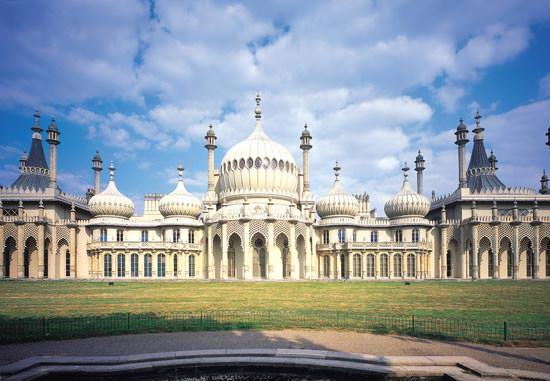
John Nash, Royal Pavilion, Brighton, England, 1815-23. Commissioned for George, the Prince Regent (later King George IV)